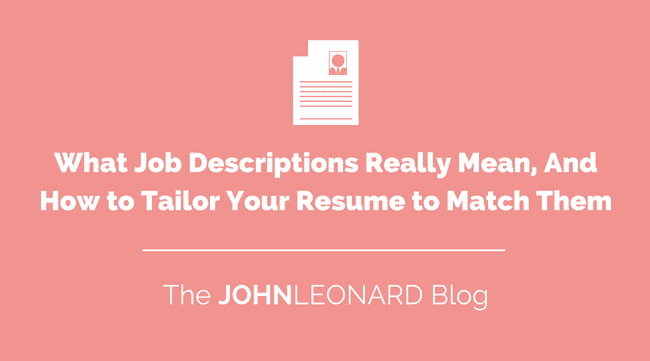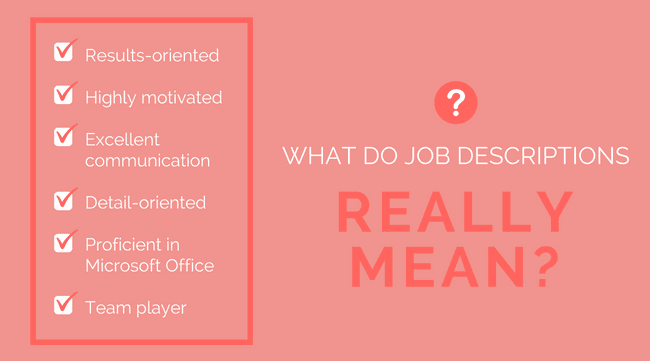
RESULTS-ORIENTED
Hiring managers are looking for someone who can help their organization in a number of different ways. They prioritize performance and are looking for visible results. In order to impress them, make sure your resume and interview answers contain quantifiable statements. Prove that you made an impact at your previous organization by demonstrating facts and figures to support your statements.
FAST-PACED
If you see these words, this is not a job for those who are content with predictable routines. Instead, expect a challenging work environment, pressure, and tight deadlines. You may be the type of person who thrives in this ever-changing setting, but be wary of some of the stress that inevitably comes along. Don’t be blindsided by last-minute assignments, unplanned hours, and multiple deadlines. Place emphasis on your adaptability, quick action, and ability to juggle multiple tasks effectively.
HIGHLY MOTIVATED
Jobs that look for highly motivated individuals are geared for people who are dependable, career-oriented, and enthusiastic about the work they do and the organization they work at. It is not enough to simply go with the motions. Rather, taking initiative is a necessity for success in these types of roles. Showcasing your passion entails carefully researching the employer and its culture, and being prepared to offer insight on industry trends and the organization’s future. On your resume, mention any work or involvement you have outside of your job. Clubs, professional groups, or conferences you attended will go a long way in displaying your interest and dedication.
EXCELLENT COMMUNICATION
This phrase pops up on many job postings. Essentially, employers want to know that you are able to take direction well, your interpersonal skills are high, and you can clearly and concisely present your findings. Communication is an essential proficiency in every single industry and position across the board. To highlight your ability, mention instances in which you worked directly with clients, collaborated in a team, or conducted presentations.
DETAIL-ORIENTED
Postings that call for detail-oriented candidates will involve high organizational responsibility. These people are proactive, patient, and determined to explore a situation from all angles. On your resume, list any experience you have with events, planning, scheduling, or project management. For example, if the role is for an accounting or finance position, mention your past work with research and quantitative analysis.
PROFICIENT IN MICROSOFT OFFICE
You often see this on job postings, but how proficient is proficient? In a nutshell, you should be able to schedule meetings in Outlook, write reports in Word, and organize and analyze data in Excel. Bonus points are awarded if you are able to do more advanced Excel functions such as Pivot Tables and VLOOKUP. If you’re truly not comfortable with these tasks, it’s probably better to not mention that you are proficient in Microsoft Office as one of your resume skills.
TEAM PLAYER
Jobs that want team players will involve much collaboration and brainstorming. If you’re looking for a job with more independence, this may not be the best career for you. Hiring managers will keep an eye out for your team spirit and focus on overall results rather than individual work. In interviews, use “we” more often than “I” to show your humility and recognition that it was a joint effort. List instances on your resume in which you worked on a team, with other departments, or even with other organizations in completing a project.

Looking for more ways to improve your job search? Subscribe to the JOHNLEONARD blog today and receive helpful advice directly from our team!
